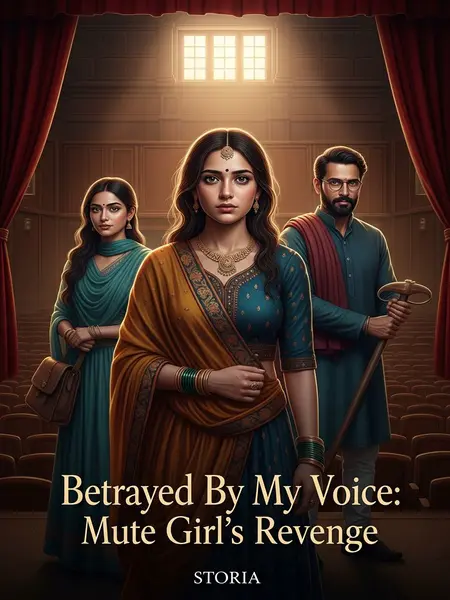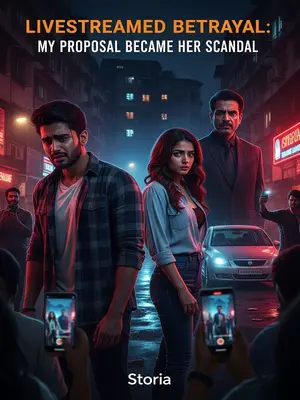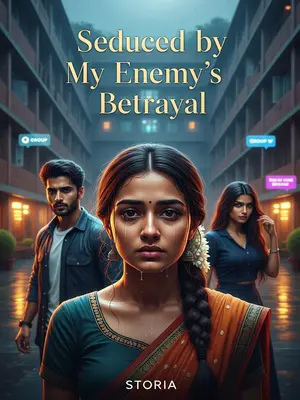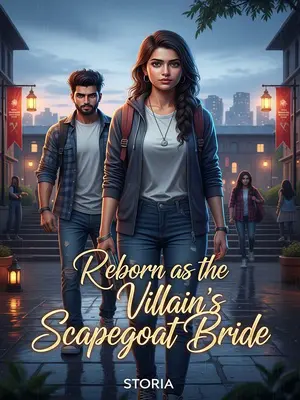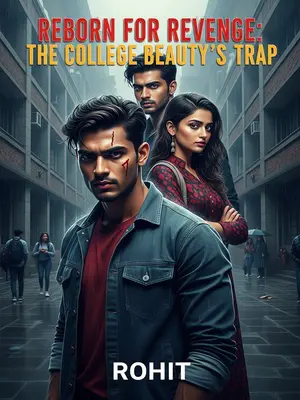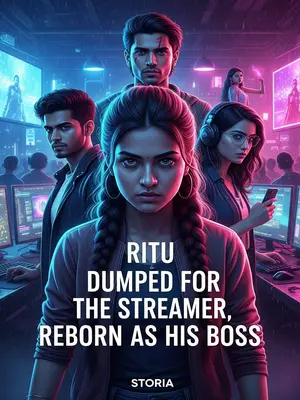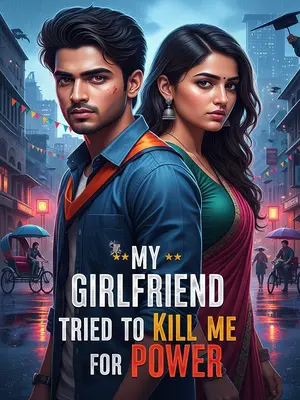Chapter 4: Truth in the Spotlight
“Yeah, Kabir sir just said this song was better than his own. Now he’s saying it’s stolen?”
“He’s just jealous, yaar.”
Kabir looked at me, mouthing: Want to continue?
I nodded.
He spoke into the mic: “Main kabhi jealous nahi hota jab kisi ka kaam mere se achha ho. But agar woh kaam chori kiya hua hai, toh uski koi value nahi.”
His words rang out, steady. The crowd hushed, listening.
“The real composer is right here.”
He asked my name quietly. I signed it.
“She is Meera, second year, music therapy—author of ‘Heartlight’.”
The crowd buzzed.
A boy said loudly, “What? Mute ho ke bhi compose kar sakti hai?”
“Is Kabir sir joking?”
“Music therapy waale itna achha likh sakte hain? Phir toh composition waalon ka kya?”
My heart hammered—louder than the ceiling fan overhead. What if no one believed me? What if I was just the mute girl again—easy to ignore, easy to blame?
I looked up. Their mouths moved, but all I heard was my old fear.
Just like when, as a child, I was called on stage for a speech.
I opened my mouth. No sound came.
They laughed, told me to get down, said a mute shouldn’t be here, why not a special school?
That day, Arjun ran up, holding my hand: “Dar mat, Meera. Tu disabled nahi hai. Main hoon na.”
I searched for Arjun in the crowd.
A terrible thought: if he came up now, I’d step down. I’d give up my claim.
But I found him, arms folded, eyes cold. His look said: Dekh, sun nahi rahi thi, ab bhugto.
I dropped my gaze, eyes burning.
I wanted to run, but as I shifted, Kabir squeezed my hand—gentle, strong, a silent “don’t go.”
“Dar mat. Main hoon.”
His grip was solidarity. My roommate squeezed my other hand, mouthing, “Sorry,” while the oil stain on her kurti spread, the sharp scent grounding my panic in that moment.
“Chalo, continue karo. I’ll be your voice.”
